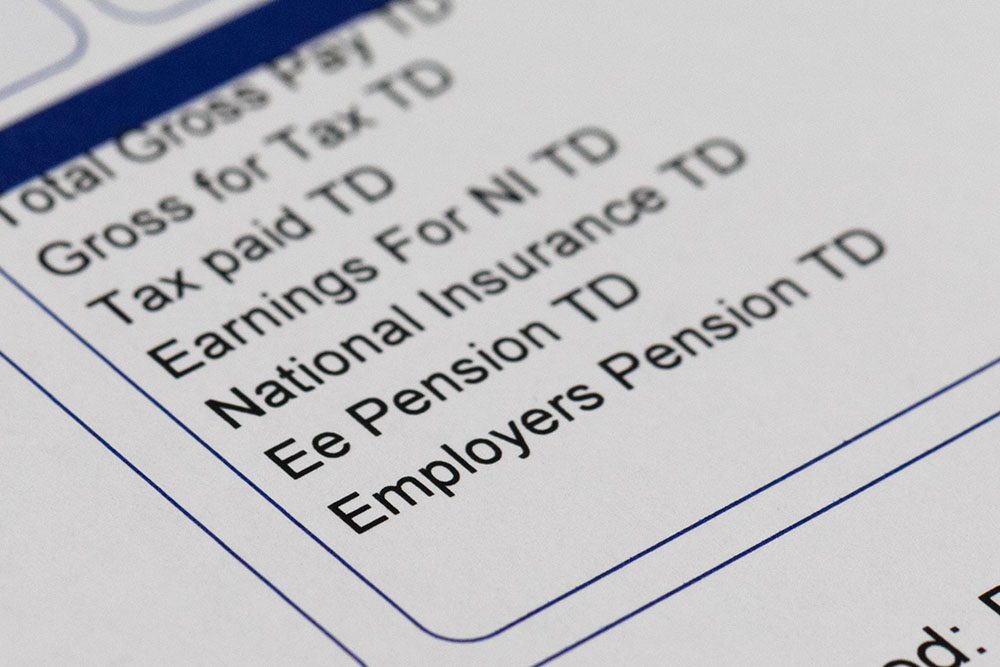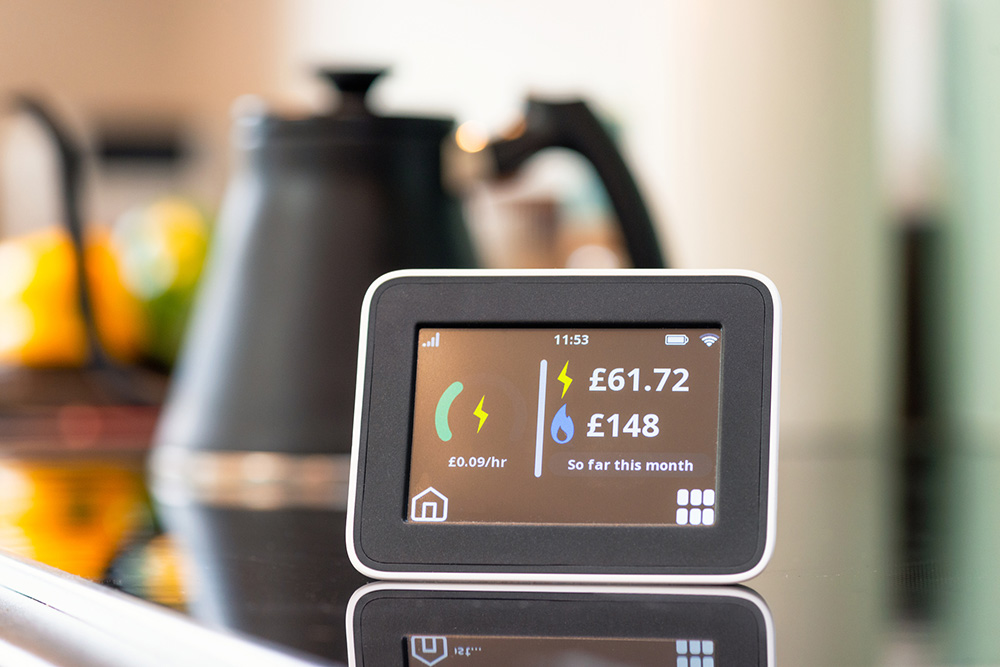
Unless you already have a relationship with a financial planner, you might never have been asked this question. You might never have considered how it is you actually feel.
Money is emotional
Although money is often seen as a number crunching, rational, exercise, (we all know what we should be doing, on a basic level at least) our relationship with money is an emotional one, full of highs and lows. Have you ever felt down and used a quick spending spree as a ‘pick-you-up’, only to feel guilty for spending the money later?
How we feel about money can also be connected to our upbringing or our own environment, not to mention the wider world and the ‘financial crisis’, the ‘cost of living crisis’, the ‘energy crisis’. It might feel like we’re being fed more negative financial messages than positive ones at the moment.
Depending on how you were brought up, talking about money might feel like a taboo; talking about how much you have is rude and boastful, or maybe you have a sense of abundance but would like to see some evidence. Your money story may be that you should feel guilty for spending a lot of money on something, talking about how much you haven’t got, or asking for financial help, when perhaps your belief is that you should fix it yourself. Even if your own story isn’t negative, it can still be complicated.
Perhaps this generation-old difficult conditioning is why people often find it so hard to talk about money now, even from haggling for a better price, to discussing long-term money plans and wishes with family, both of which can lead to challenging your feelings or your understanding of your finances, for you or your immediate company.
How to talk about money
Just because the discussion might be hard or uncomfortable, it doesn’t pay to ignore the issues at hand. The key is to recognise and use those emotions to face the issue, and take action.
This could mean focusing on your goals and what you need to do to achieve them.
It may simply mean you have little idea what you are spending, even if you feel it’s affordable, and you want a better handle on things. The answer here might be setting out a budgeting and saving plan for your household. There are many budgeting apps and guides available, such as this one from StepChange.
Perhaps you want to put long term savings plans in place for specific goals, such as your children or grandchildren’s University fees or house deposits. You may have already saved efficiently over the years, but you’ve ended up with multiple accounts and you want to feel more in control overall. Do you have questions around arranging your estate more efficiently for the benefit of your heirs? These are all things a financial planner can help you with.
We ask our clients initially, and regularly, “in an ideal world, what would money mean to you?”. The answer usually includes “to not have to worry about it”. The answer isn’t ever in pounds and pence. It’s an emotional outcome.
Invitation
Interested in finding out how we can optimise your financial plan and investment strategy? Get in touch today to arrange a free, no-commitment consultation with a member of our team here at WMM.
You can call us on 01869 331469
This content is for information and inspiration purposes only. It should not be taken as financial or investment advice. To receive personalised, regulated financial advice regarding your affairs please consult us here at WMM (financial planning in Oxfordshire).











Recent Comments